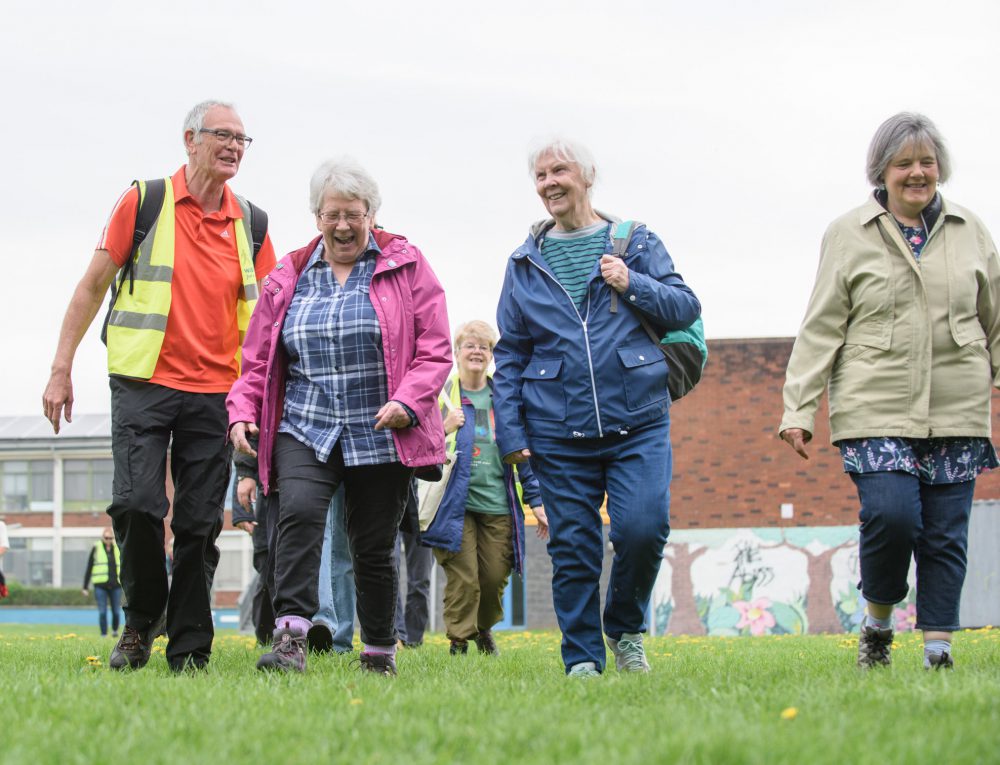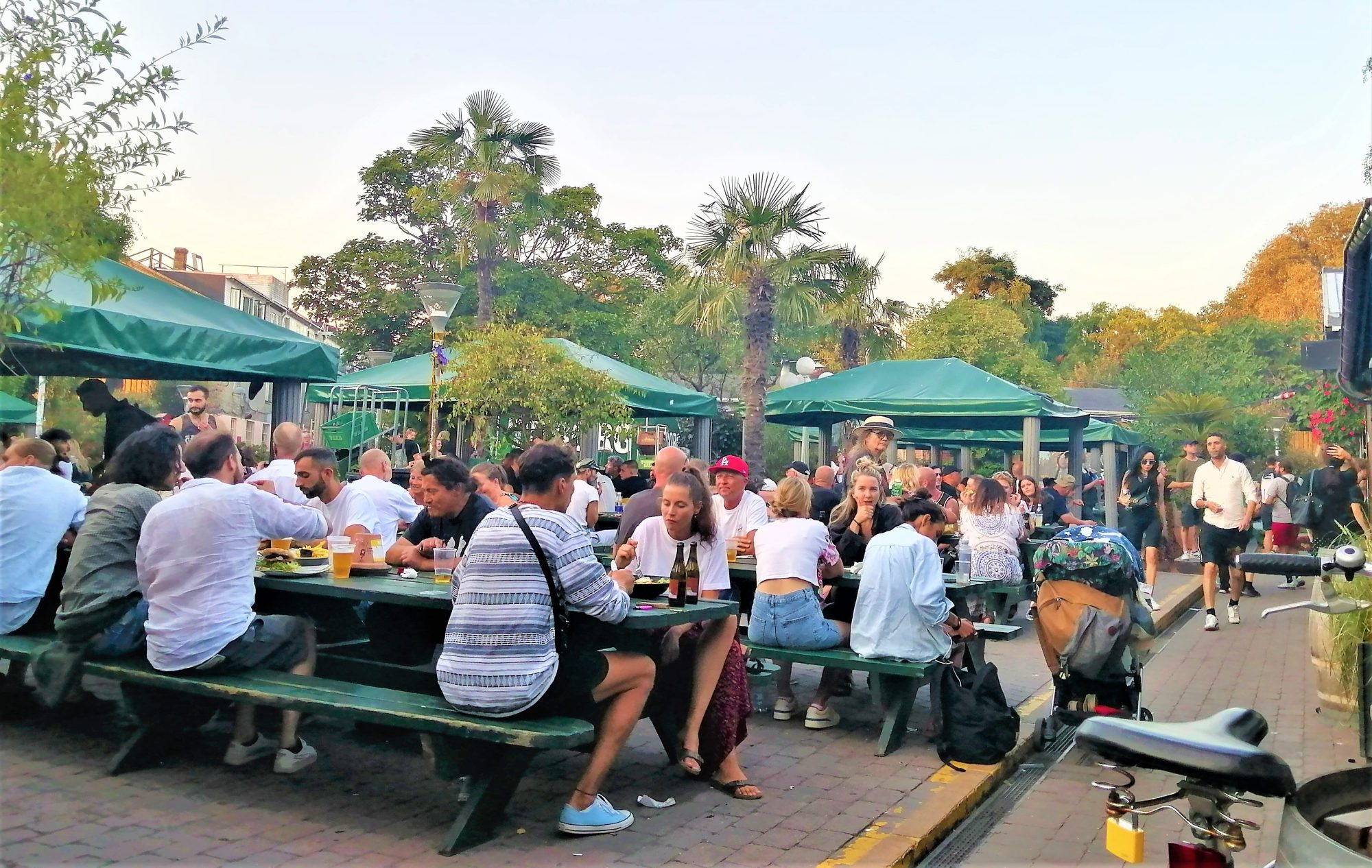04
- CHAPTER 4.1
FLEXIBLE AND RESPONSIVE - CHAPTER 4.2
LEVELS OF CONFIDENCE - CHAPTER 4.3
EMERGING CHALLENGES - CHAPTER 4.4
ONGOING SUPPORT TO REALISE POTENTIAL

CASE STUDY |
COMMUNITY CARE CONNECT
CASE STUDY: COMMUNITY CARE CONNECT
Community Care Connect (CCC) provides advice, resources and tailored support to community anchor organisations and local authorities, supporting them to develop their own, place-based Carer Introduction Services.
CCC’s online platform enables people seeking care to find and employ their own care and support workers, manage their rotas, communicate with their care teams, engage in peer support and utilise safe billing and payment processes.
Using funding from Power to Change, Community Care Connect adapted and developed a rapid prototype platform in partnership with Made Open, who operate a similar community-based matching program. This platform has proved popular, particular for its potential to address significant gaps in care and to help build local care capacity:
















































Community Care Connect intends to sub-license its community-focused platform to connect organisations and different elements of the care system (such as peer networking, good practice advice for carers, and training). This could improve the resilience and reach of voluntary sector social care by improving connections between local networks and the breadth of services offered.
The platform is currently being rolled out to new communities who want to develop their care provision and build better social care than is being provided by larger, profit-driven communities.
















































Evidence of impact in Bristol and other areas will be instrumental to Community Care Connect’s growth. Now the concept has been proven, the next step is finding investment to build a bespoke platform.
DRIVERS OF CONFIDENCE |
RELATIONSHIPS BETWEEN CONFIDENCE AND BUSINESS CHARACTERISTICS
We used ‘linear regression’ to identify patterns between community business confidence over the next 12 months and other survey responses. You can find out more about linear regression in the technical appendix.
Community businesses who took, or plan to take, certain actions expressed higher confidence than other businesses:
• Took action to boost trading revenue from existing sources in the last 12 months
• Plan to increase efficiency or reduce costs in the next 12 months
• Expect income from trading and/or grants to increase in the next 12 months.
Younger community businesses also expressed higher confidence than respondents from established businesses. We found no statistical relationship between confidence and total income: higher turnover community businesses are no more confident than those with lower turnover. Additionally, we found that neither size (by number of paid staff) nor scope (groups of people that benefit from the business’s services) influence confidence.[3]
















































Hale Village Hall
Community businesses also struggle to increase staff pay to reflect the cost of living. For example, one wanted to offer staff the National Living Wage, but trustees felt unable to in the current economic conditions:
















































Walthamstow Toy Library
In response to rising costs of food, energy, and other running costs, many community businesses reported reducing their services and increasing prices. One café, for example, simplified its menu and sought to minimise ingredient costs. Some reluctantly passed costs on to those using their services.
















































Hour Community
Even though they knew it was unsustainable, a few relied on reserves to cover rising costs temporarily.
















































Kimberworth Park Community Partnership
Not only did interviewees describe how rising living costs were already directly affecting their community business, they also anticipated future struggles when local residents’ disposable incomes fall, particularly those whose revenue mainly comes from the community.
















































Community farm
















































Kingsclere Community Association
One community hub felt clear about the scale of the challenge:
















































Hour Community

